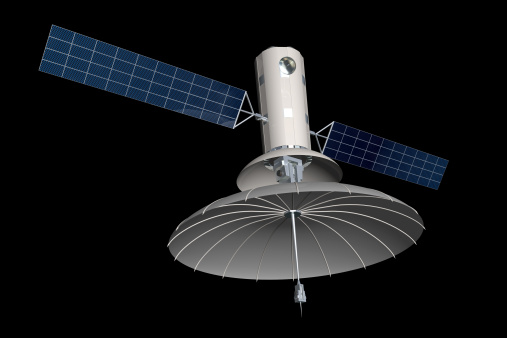Google Inc. (NASDAQ: GOOG) is reported to be spending $1 billion on development of a fleet of up to 180 small satellites to provide Internet access to parts of the world that currently lack connectivity. The report in Monday’s Wall Street Journal cites people familiar with the project, who also say that Google is hiring satellite engineers to work on the project.
Earlier this year Google launched 10 high-altitude balloons from New Zealand with the purpose of establishing an unbroken zone of Internet access around the southern 40th parallel. In April, Google acquired drone maker Titan Aerospace for a price likely exceeding $60 million. Facebook Inc. (NASDAQ: FB) had reportedly been courting Titan but the social media company chose instead to acquire U.K.-based drone maker Ascenta.
Neither company is looking at an instant moneymaker, even if the balloons or drones or satellites worked perfectly. Both Facebook and Google are looking at a long-term outcome where giving two-thirds of the world’s population cheap and decent Internet access could help move those folks into the modern information economy, where they could eventually view more ads and spend more money.
Of the three potential systems, satellites offer the widest coverage at the highest cost, and balloons offer similarly wide coverage at much lower costs. The problem with balloons seems to resemble the problems with herding cats.
ALSO READ: Google Tool Measures ISP Speeds
A satellite consultant told the Wall Street Journal that Google could launch 180 small satellites for about $600 million. Some satellite industry insiders say that, looking at the history of satellite start-ups, Google could end up paying far more “than they can imagine today.”
Google has already invested in a company called O3b that is developing small satellites for extending Internet access around the globe. In fact Google has hired O3b’s founder and its chief technology officer to work on its satellite project.
With both Google and Facebook looking to spread Internet access to cover the globe, there is a reasonable chance that the two-thirds of the world’s population that does not currently have Internet access will get it. How that will happen and what it will cost are the big questions.
ALSO READ: Countries With the Widest Gap Between Rich and Poor
Thank you for reading! Have some feedback for us?
Contact the 24/7 Wall St. editorial team.





